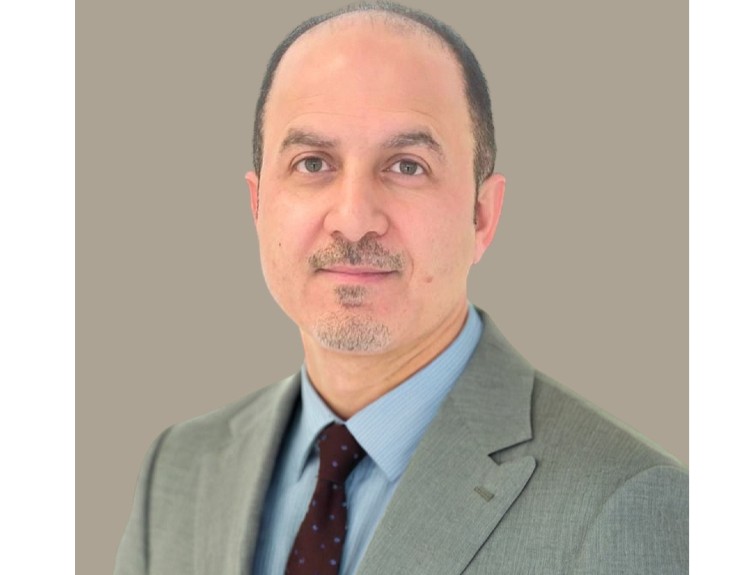It’s all health – destigmatising mental health

Drawing on the expertise of Dr Sally Doherty, Senior Lecturer in Psychology & Academic Lead in Professionalism, this piece invites readers to rethink mental health stigma and includes practical guidance she offers to students preparing to become future healthcare professionals.
When people think about “health”, they often picture conditions that can be seen, measured, or physically treated. Yet one of the most pervasive and overlooked barriers to health is not a disease —it’s stigma.
Nowhere is this more apparent than in men’s mental health. Particularly, the stigma surrounding men’s mental health continues to delay treatment and deepen health disparities. It’s time we recognised that mental health is not separate from physical health. It’s all health.
According to the World Health Organization (WHO), stigma, shame, and discrimination are among the biggest barriers to mental health care globally. Tackling this issue is not as simple as raising awareness; it requires systemic change and cultural sensitivity. By combining education, advocacy and better integration of mental health into primary care, future healthcare providers can help men in the Middle East understand that psychological well-being is essential—not a weakness, not a threat.
Rethinking the narrative
Let's reframe mental health. Silence is a locked door; stigma keeps it shut. A recent qualitative study in Saudi Arabia found that principles of compassion and medical education could be powerful tools in reducing stigma, especially when individuals with lived experience were given platforms to share their stories. One quote from this paper reminds us:
“Mental disorders are no different to any other organic illness. Without exception, we are all susceptible to a psychological setback at one point in our lives. This is life; there is no society that is 100% healthy, but there is a society that can adjust to illnesses and minimise human losses as much as possible”.
The WHO’s Mosaic Toolkit offers a roadmap for reducing stigma through three key strategies: social contact, leadership by people with lived experience and culturally adapted education. These approaches highlight that everyone—families, friends, community members and professionals—has a role to play.
The role of healthcare professionals
Dr Doherty encourages current students to use their training and position to challenge harmful narratives and become advocates within their communities. She advises:
• Normalise Conversations: During clinical rotations, ask male patients about their emotional well-being, especially when managing chronic illness. This simple act signifies that mental health is an integral part of routine care.
• Use Strength-Based Language: Frame help-seeking as a sign of strength and responsibility. Emphasise that caring for mental health enhances one’s ability to fulfil roles as a father, husband or professional.
• Lead by Example: Share stories, advocate for mental health education in your institutions, and support peers who may be struggling. Your voice matters.
• Reflect and Advocate: Ask yourself: What does mental health advocacy mean to me as a future healthcare professional? How can I integrate this into my practice?



